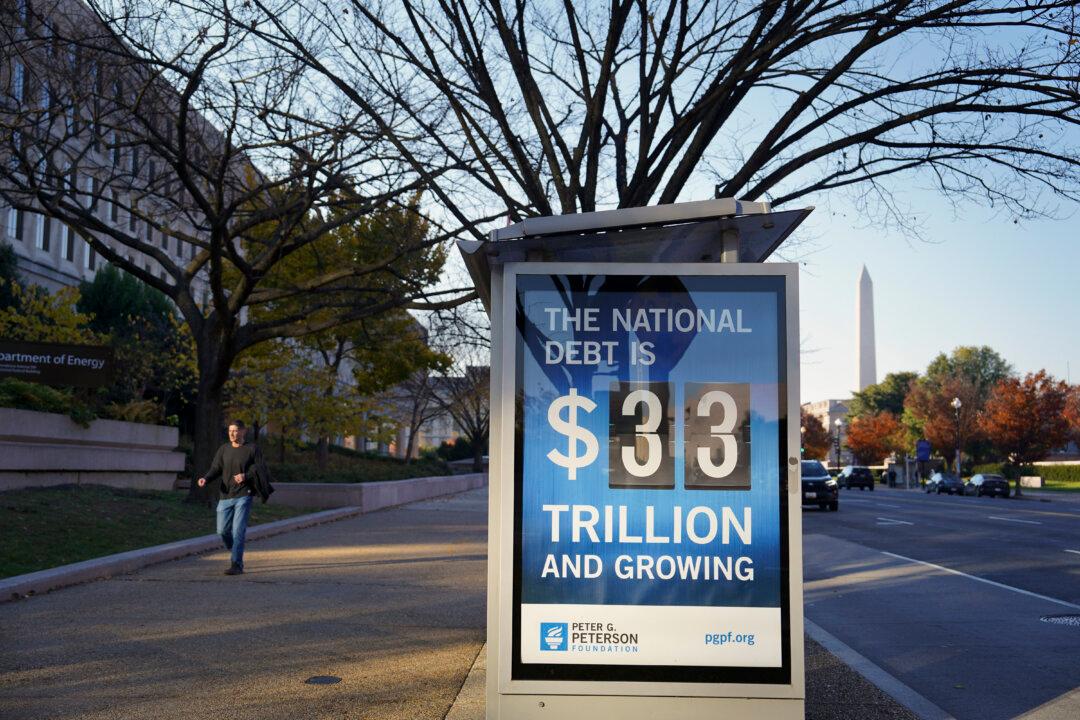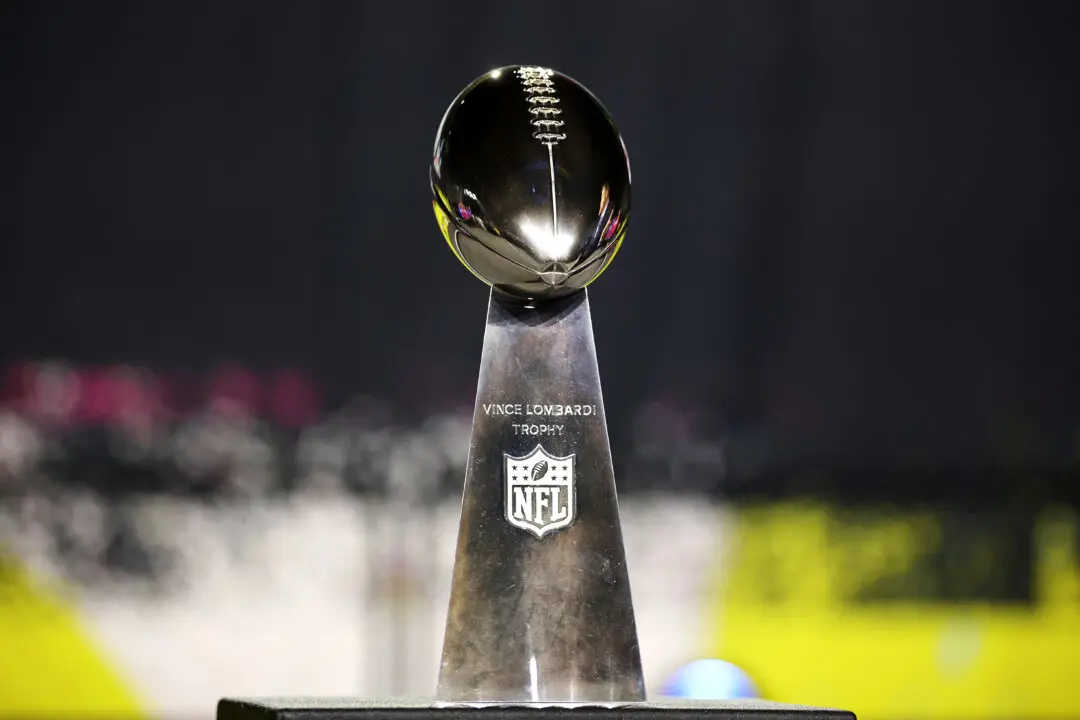Commentary
Recently, I got a call from a friend who works in Congress. He was distressed by the absurd condition of the federal finances. How could the wealthiest country in the world be almost $34 trillion in debt while charging ahead into ever-deeper debt? It seems like a horror movie come to life.





